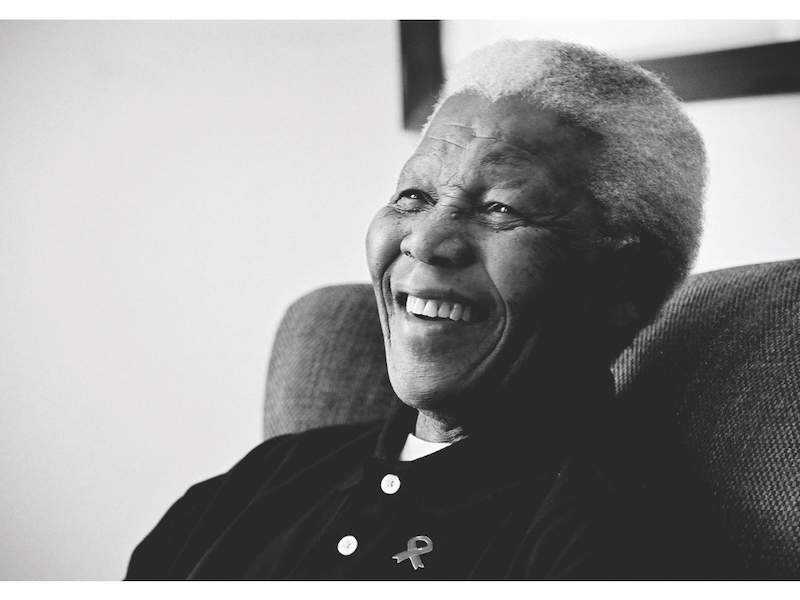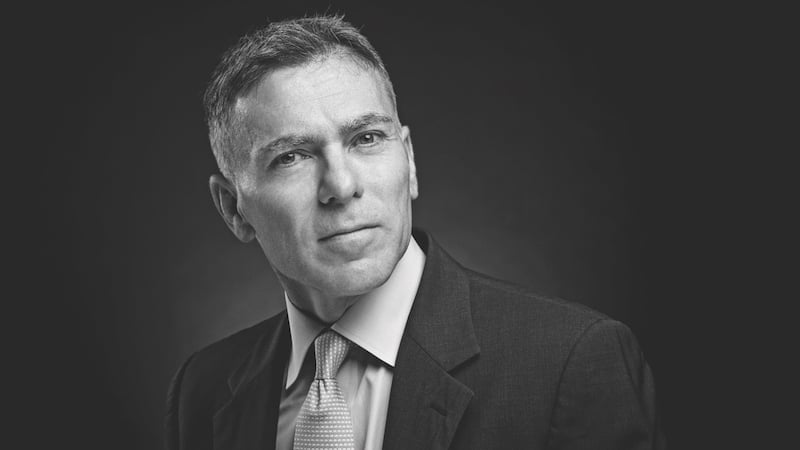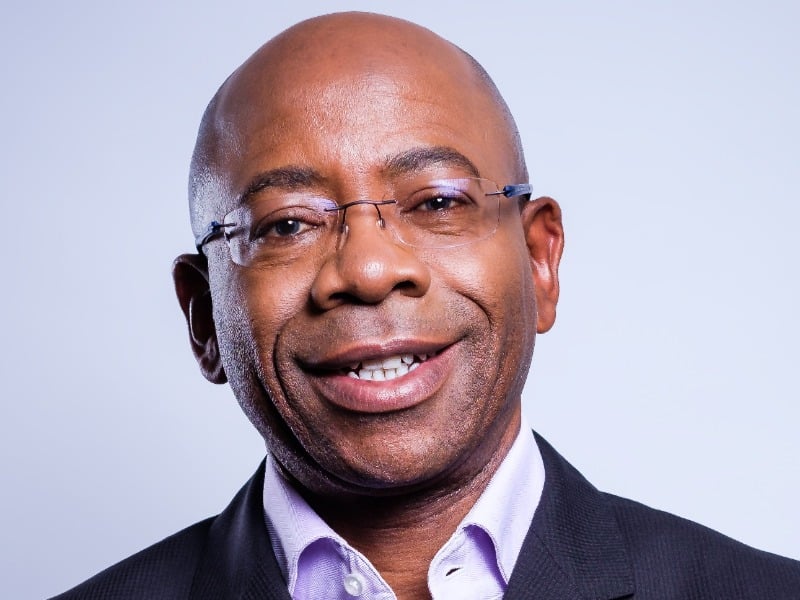5 leaders exemplifying Madiba values

By Jessie Taylor
As the first democratically elected president of South Africa, Nelson Rolihlahla Mandela will be remembered for his exceptional leadership skills. Not only was he a remarkable statesman, but he was also a powerful negotiator and visionary – skills he put to use in leading South Africa through the transition into democracy.
Madiba dedicated his life to the struggle for freedom, equality, truth, love, peace and justice. He took up his leadership mantle with great humility, leaving behind a legacy that still inspires the world today.
As we celebrate Mandela Month this July, here are five business leadership lessons that can be learnt from the life of Madiba – and examples of leaders who are living these values:
Compassionate leadership
“A good head and a good heart are always a formidable combination,” – Nelson Rolihlahla Mandela.
Madiba inspired the world by combining strategic thinking and decisive leadership with compassion. This has shaped his legacy, encouraging South Africans to take time every year to help those who are less fortunate than themselves on International Mandela Day.
This is an essential approach for business leaders. Compassionate leaders put others’ needs before their own, which creates healthy relationships and ensures an empathetic work environment.
Studies have found that businesses that demonstrate compassion have employees who experienced greater job satisfaction and less stress, making them more likely to be loyal and dedicated to their workplace. This is key to finding and retaining great talent.
An example of a leader who has his foundation a culture of compassion is LinkedIn Executive Chairman, Jeff Weiner. Not only is he part of the Linkedin practice, both internally and externally, but Weiner aims to ensure that compassion is taught and practised in every primary school in the US. “Managing compassionately is not just a better way to build a team, it’s a better way to build a company,” – Jeff Weiner.
%20copy.jpeg)
Servant Leadership
In times of crisis, knowing they have a leader who is leading from the front is reassuring for employees, however Madiba taught us that leaders need to know when to step forward and when it is more valuable to allow their team to engage with, and drive, processes.
He summed it up best: “It is better to lead from behind and put others in front, especially when you celebrate victory...You take the front line when there is danger. Then people will appreciate the leadership.”
Clicks Group CEO, Bertina Engelbrecht, is an example of a servant leader, who aims to lead the group by combining management expertise with her love for people. She focuses on leading the company with the well-being of employees at the centre of her decisions, creating an inclusive workspace.
“I’m a firm believer that corporations have a responsibility to deliver sound financial performance and to do so in a way that positively impacts all of our stakeholders. Research indicates that today’s generation of employees want to work for organisations that are ethical, with values that resonate with their own,” she says.

Learning from each other’s differences – transformational leadership
Madiba believed in creating an environment where we could learn from each other’s differences.
He said: “A good leader can engage in a debate frankly and thoroughly, knowing that at the end he and the other side must be closer, and thus emerge stronger. You don’t have that idea when you are arrogant, superficial and uninformed.”
This is especially important for effective leadership and leaders who are able to listen to others’ opinions and adjust their own are more likely to build inclusive teams and have more effective problem-solving sessions.
Adrian Gore, CEO of Discovery, has led a company that is constantly evolving its offerings to fit its core purpose of making people healthier. Discovery’s leadership style, deeply entrenched in its purpose and values, guided its response to the many changes in the healthcare field during the pandemic. “At the outset, ’leading’ may have looked different for each individual but is actually underpinned by a common set of values that unites all of our efforts,” - Adrian Gore.

Purpose should be driven by passion
Madiba believed in pursuing goals passionately. He spent his life dedicated to pursuing equality for South Africans, which resulted in his spending 27 years incarcerated. Yet, he still continued to fight against the system from his cell, motivating others to take up the liberation struggle. Even after he had joined the democratic government, he advocated for improving living conditions among the millions of previously disadvantaged South Africans.
“Everyone can rise above their circumstances and achieve success if they are dedicated to and passionate about what they do,” - Madiba.
But passion is equally important in a business setting. It is the fuel that keeps entrepreneurs and business leaders going – so much so that research has shown that passion is a key predictor of an entrepreneur’s performance and ability to succeed.
University of the Free State Chancellor, Professor Bonang Mohale, combines purposeful living with an attitude of gratitude and generosity. He is committed to creating possibilities for students to develop their full potential. “Servant leadership is about being selfless. You will do whatever is required for the betterment of mankind,” – Bonang Mohale.

The importance of failing forward
Every business leader experienced failure. But with the right attitude, these failures can present some of the greatest opportunities for a business. Failure is essential to invention. Without an appetite for risk-taking, a business will never be able to develop breakthrough products and processes. Every failure can offer a way to improve processes and gain valuable market insights. Yet they can be challenging for business leaders on a personal level.
Madiba knew the challenges that failure as a leader brings and chose to focus on how he moved past them.
He said: “The greatest glory in living lies not in never falling, but in rising every time we fall.”
As a leader, it is essential to embrace failure, as well as a forward-thinking attitude that looks for opportunities in that failure.
Professor Thuli Madonsela holds the Law Trust Research Chair in Social Justice at Stellenbosch University and is the founder of the Thuma Foundation for Democracy Leadership and Literacy. Having previously filled the role of Public Protector, Professor Advocate Madonsela has become a symbol of courage and justice:
“If we commenced each day with the question: How will l improve life in this world today, our actions would be purpose-driven and impactful.”

Lessons for us all
Perhaps one of the biggest lessons to be learnt from Madiba is that each one of us has the power to create change – in our minds, our homes, our communities and our organisations. He taught us that change is always possible, even in the face of seemingly insurmountable odds - and summed up the sentiment best, by saying: “What counts in life is not the mere fact that we have lived. It is what difference we have made to the lives of others that will determine the significance of the life we lead.”
Read 100: The Mandela Years


.svg)











